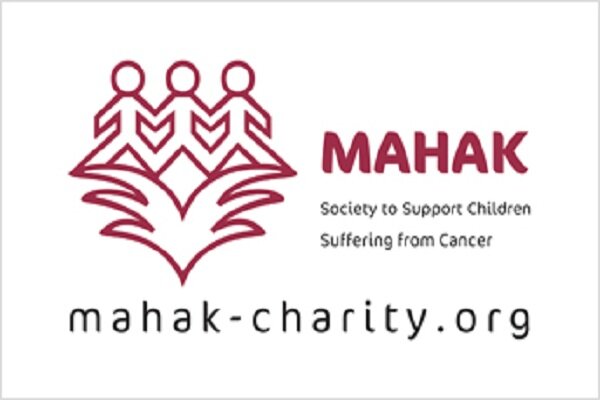According to United Nations High Commission for Refugees (UNHCR) figures, there have been close to 800,000 refugees residing in Iran up to October 2020; this number highlights the necessity of devoting special attention to the health and lives of refugees in Iran especially since many of them are living in Iran on a permanent basis. On the occasion of World Refugee Day, Sharif Nezam Mafi, the CEO of MAHAK said, “According to its mission statement, MAHAK has committed to supporting all cancer-stricken children in their treatment process regardless of their ethnicity, nationality, race and religion. During the past 30 years, MAHAK has supported 2438 refugee children in different parts of Iran. Most of the refugees who refer to and get supported by MAHAK are from Afghanistan and the rest are from Iraq, Azerbaijan and Turkmenistan. Currently, children with cancer and their families in all public and university hospitals with pediatric haematology and oncology wards in 18 cities of Iran receive MAHAK’s support services no matter where they come from or which part of the country they are residing in."
Customized psycho-social services are vital for refugee families to pass treatment days
He added, “Refugee patients who are mostly from Afghanistan are either referred to MAHAK by an official letter from UNHCR or identified by MAHAK social workers who work in public and university hospitals with pediatric haematology and oncology wards throughout the country. The psychological concerns of many of these children and their families are different from Iranian ones. In addition to the burden which is imposed upon them by cancer, they carry an additional burden of being away from their homeland and loved ones. Therefore, they receive special and customized psycho-social services to manage their mental condition."
Sharif Nezam Mafi stated, “According to World Health Organization (WHO), Acute Lymphocytic Leukemia (ALL) which is also known as blood cancer is one of the most common cancers in children and if diagnosed early, its cure rate will increase significantly. The registered cases at MAHAK’s support services department’s records also indicate those blood cancer variations are the most frequent cancer among refugee children who refer to MAHAK as well.”
In addition, Nezam Mafi mentioned that the children and their families who have to travel far from their residences in order to receive proper treatment also receive full MAHAK coverage for travel and accommodation services like their Iranian counterparts by staying in sanctioned residences such as hotels for the duration. Parts of these expenses are also covered by the UNHCR grant per the aforementioned MoU. Providing comprehensive coverage falls squarely in line with MAHAK attempting to obviate all financial concerns of families of children with cancer so that the parents can fully concentrate on their child’s treatment with boosted morale and a positive outlook.
ZZ/PR

























Your Comment